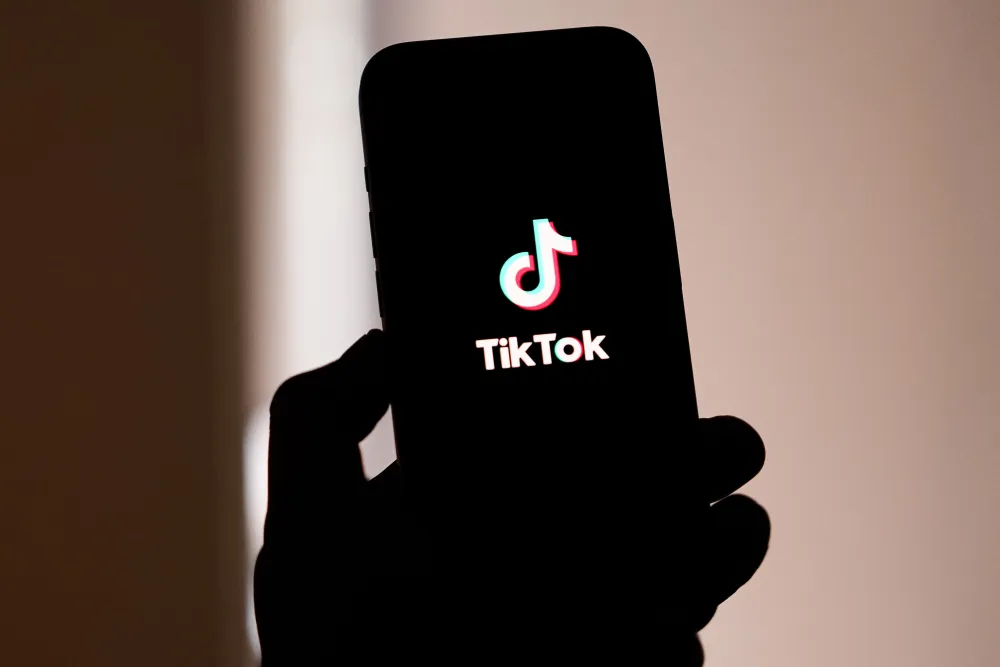T ikTok is back on Apple and Google app stores, nearly a month after it was removed due to U.S. national security concerns. The popular social media platform, owned by Chinese tech giant ByteDance, disappeared from app stores on January 18, leaving millions of American users frustrated.
The app’s return comes after President Donald Trump issued a 75-day suspension on enforcing the law that had led to its removal. The legislation, originally signed by former President Joe Biden and overwhelmingly backed by Congress, sought to ban TikTok unless it severed ties with its Chinese parent company.
National Security Concerns and Potential Ban
The U.S. government has long expressed fears that TikTok could be exploited by China’s ruling Communist Party to spy on American users or manipulate public opinion through data collection and content control. As a result, lawmakers pushed for ByteDance to sell TikTok to a U.S. company or face an outright ban.
President Trump, who attempted to ban TikTok during his first term, now appears open to a compromise, suggesting a joint venture between U.S. investors and ByteDance. However, details of such a deal remain unclear.
“With TikTok, I have the option to either sell it or shut it down,” Trump stated after temporarily pausing the enforcement of the ban.
He acknowledged that China might need to approve any sale, warning that failure to reach an agreement could trigger retaliatory tariffs from Beijing.
Legal Risks and Global Scrutiny
Despite TikTok’s return, the law remains in effect, and companies violating it could face fines of up to $5,000 per user if the app remains accessible without compliance.
TikTok, which launched in 2017 internationally after its Chinese counterpart Douyin debuted in 2016, continues to face intense scrutiny worldwide. Governments across Europe, India, and North America have raised concerns over data privacy, censorship, and potential ties to the Chinese government.
As the battle over TikTok’s future in the U.S. unfolds, millions of users await clarity on whether the platform will remain accessible—or face another crackdown.







0 Comments